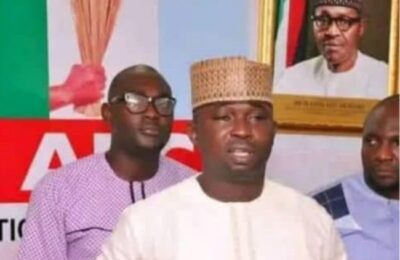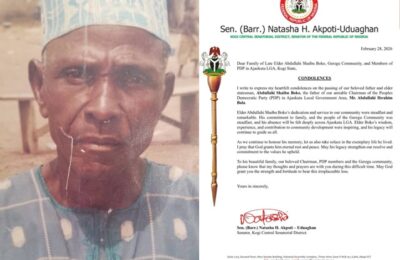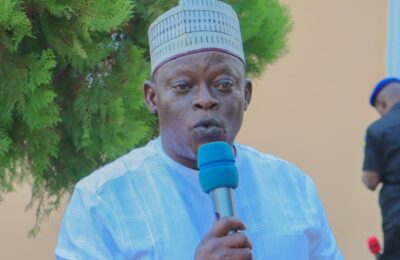The removal of fuel subsidy in Nigeria has become one of the most controversial policies in recent history. While the government defends the decision as a bold economic reform aimed at freeing the nation from the burden of excessive spending, millions of Nigerians are feeling the sting of untold hardship. The reality on the streets tells a different story — a story of rising prices, increased transportation costs, and struggling families trying to survive in a system that seems to forget the poor.
No doubt, subsidy removal was long overdue. For years, the subsidy system was riddled with corruption, benefiting a few powerful individuals instead of the masses. But every policy, no matter how economically sound, must have a human face. The failure of leadership lies not in the idea itself but in the absence of effective cushioning measures to protect the common man.
Today, the average Nigerian youth faces a triple threat — unemployment, inflation, and hopelessness. The cost of living has skyrocketed, while wages remain stagnant. The government must realize that economic growth means nothing when citizens cannot afford basic necessities.
As a youth advocate, I believe Nigeria needs not just economic reforms but compassionate governance. The time has come for leaders to design policies that reflect the pains of the people, not the comfort of the elite. Let us remember — leadership without empathy is tyranny in disguise.
The removal of fuel subsidy should not translate to the removal of humanity from governance. The Nigerian youth will continue to speak, demand accountability, and fight for a system that works for all — not just a privileged few.
– Edison Atumeyi Edime
Political Analyst & Youth Advocate




